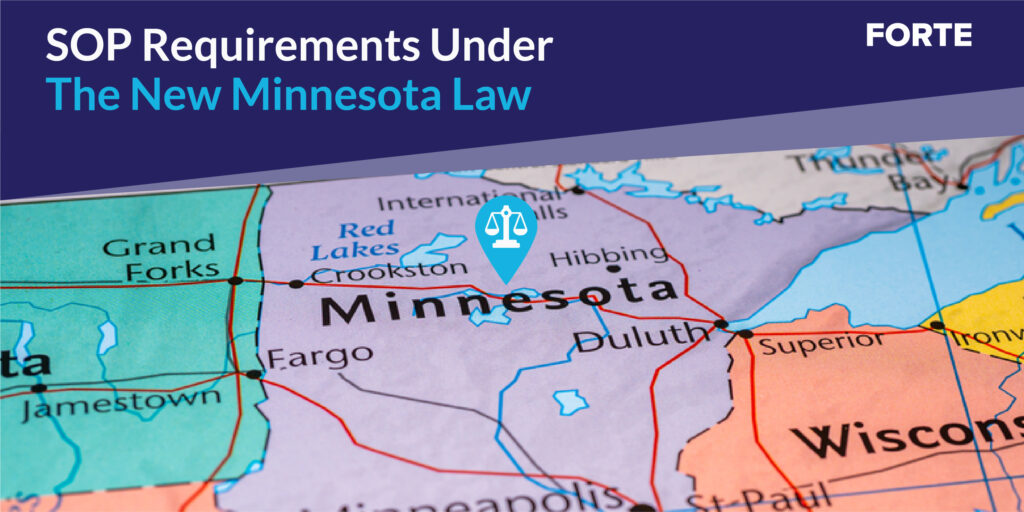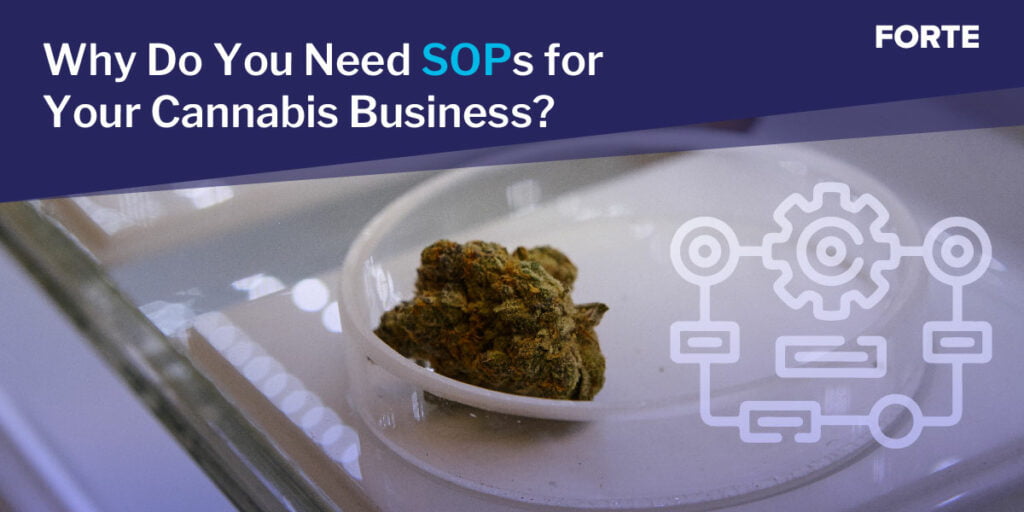On May 20, 2023, a bill passed by the Senate declared Minnesota the 23rd state to legalize recreational marijuana.
Minnesota residents who are 21 years of age or older will be allowed to purchase up to 2 ounces of cannabis flower, 8 gm of concentrate, and 800 mg of edible products at a time and possess those amounts in public once the commercial market is established.
Consumers will be able to grow up to eight cannabis plants indoors starting in the summer of 2023, but only four of them can be fully grown and flowering at a time. Minnesota will be the eleventh state to legalize home cultivation.
What Does The New Minnesota Law Entail?
With recreational cannabis legalization, new licenses would be issued to growers, retailers, wholesalers, and other cannabis industry players. The bill establishes an office of cannabis management that will oversee the state’s medical cannabis program as well as the cultivation and distribution of cannabis products. With respect to edible food safety standards, the organization would collaborate with the Department of Agriculture.
Low-dose cannabis edible sellers that currently do business in Minnesota will have to apply for a license.
Local governments would be permitted to impose “reasonable restrictions” on the hours and locations where cannabis businesses can operate, but they would not be able to outright ban cannabis. Among such reasonable limits are prohibitions on businesses operating within a distance of a school or nursery of 1,000 feet.
Additionally, marijuana convictions for misdemeanor and other offenses will be instantly erased from records under the legalization measure. The Minnesota Bureau of Criminal Apprehension would be required to notify the legal system and identify people who are eligible to have minor cannabis-related offenses expunged from their records. The state will use encryption to protect the records.
What Does Recreational Cannabis Legalization Mean For SOP Requirements?
If you run a cannabis business you know the value of SOPs. They are an important element when applying for cannabis licenses and are essential to avoid penalties and license terminations. Additionally, multiple sets of new SOPs are required by the new Minnesota recreational laws and must be adhered to in accordance with the regulations.
SOP For Minnesota Cannabis Business
General SOP Requirements
- Every cannabis business must have up-to-date written SOPs on the premises at all times.
- SOPs must be made available to the Minnesota agency upon request.
- SOPs must include information on the operations and activities required for marijuana businesses to comply with applicable laws and regulations.
- The licensee may be required to amend the information right away and update the SOPs within one business day if the agency finds that any standard operating procedure contains inaccurate data or does not adhere to these regulations and safe food management guidelines, as applicable.
Dispensary SOP Requirements
- Recording and completing proper sales.
- Age verification for purchases.
- Inventory management.
- Waste management.
- Verification that every product has passed tests and is not presently on hold or otherwise restricted from being sold.
- Operation of security systems.
- Accepting/rejecting deliveries from transporters.
- Checking products before the sale or transfer to ensure they adhere to all labeling and packaging standards.
Manufacturers SOP Requirement
- Employee health and hygiene.
- Extraction/distillation processes.
- Production of inhalable products.
- Adding production batch data to the Metrc – the statewide monitoring system.
- Accepting/rejecting deliveries from transporters.
- Acquiring components and ensuring they come from reliable sources.
- Surface cleaning and sanitizing
- Protecting ingredients from contamination
- Security system operations and data maintenance.
Cultivators SOP Requirements
- Chemical or plant treatment
- Trimming and harvesting processes
- Obtaining plants and recording in Metrc.
- Segregating harvest batches for sampling according to product type and category.
- Sale of immature plants (if allowed)
- Security systems operations.
What Are The Timelines?
Marijuana possession will be decriminalized and home growing of cannabis legal as of Aug. 1. However, commercial licenses for sales will require an additional 12-18 months, in order to establish the new regulations.
Finally
If implemented systematically as a part of the management structure, standard operating procedures (SOPs) can completely change the way your company operates.
SOPs are designed to ensure that protocols are followed consistently to prevent variations that may decrease the reliability of financial outcomes.
How Can Forte Help
Forte can assist your company with its SOPs, whether it is in the licensing phase or is already operating. When you use high-quality SOPs from Forte, you will be able to avoid penalties or having your license revoked.




